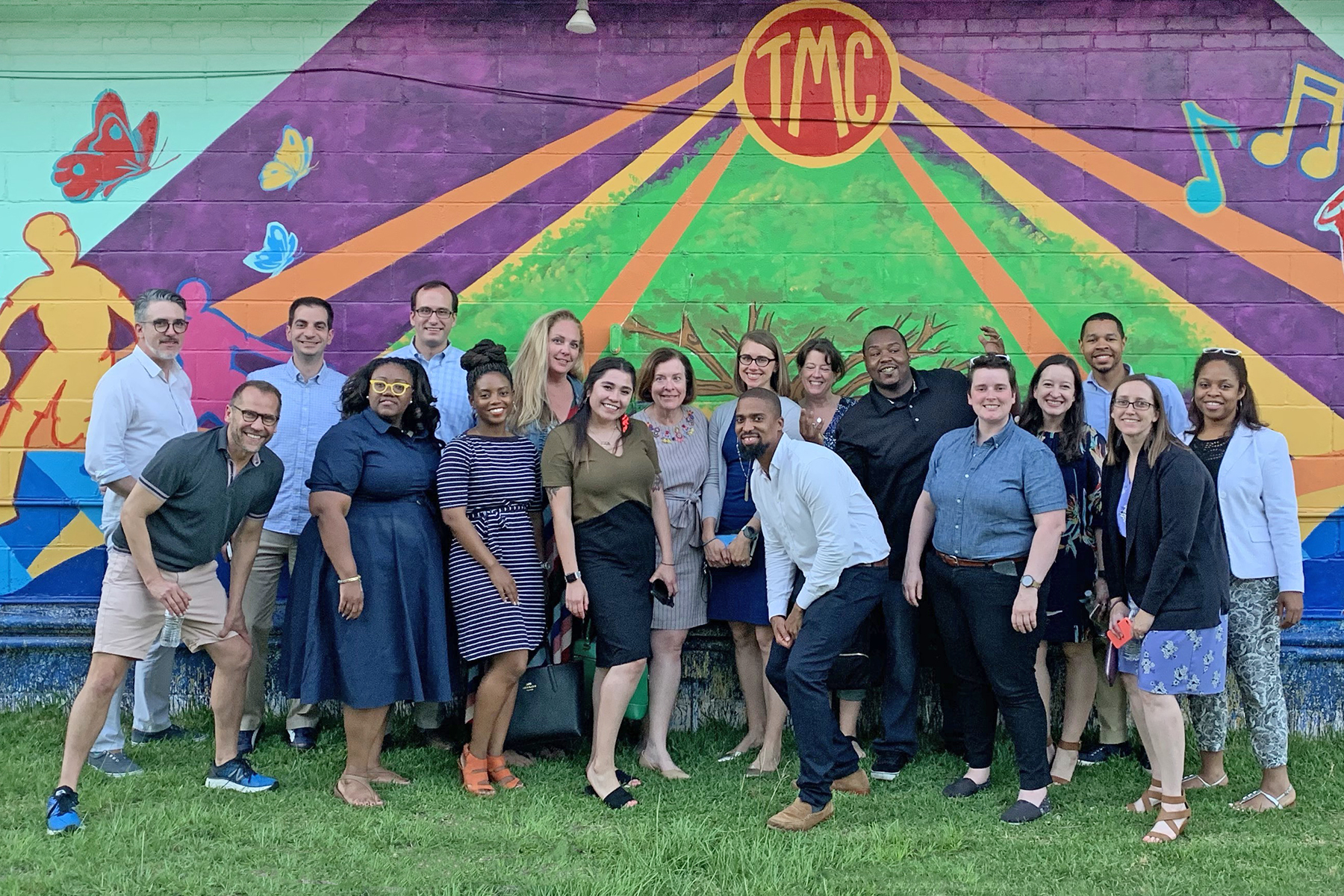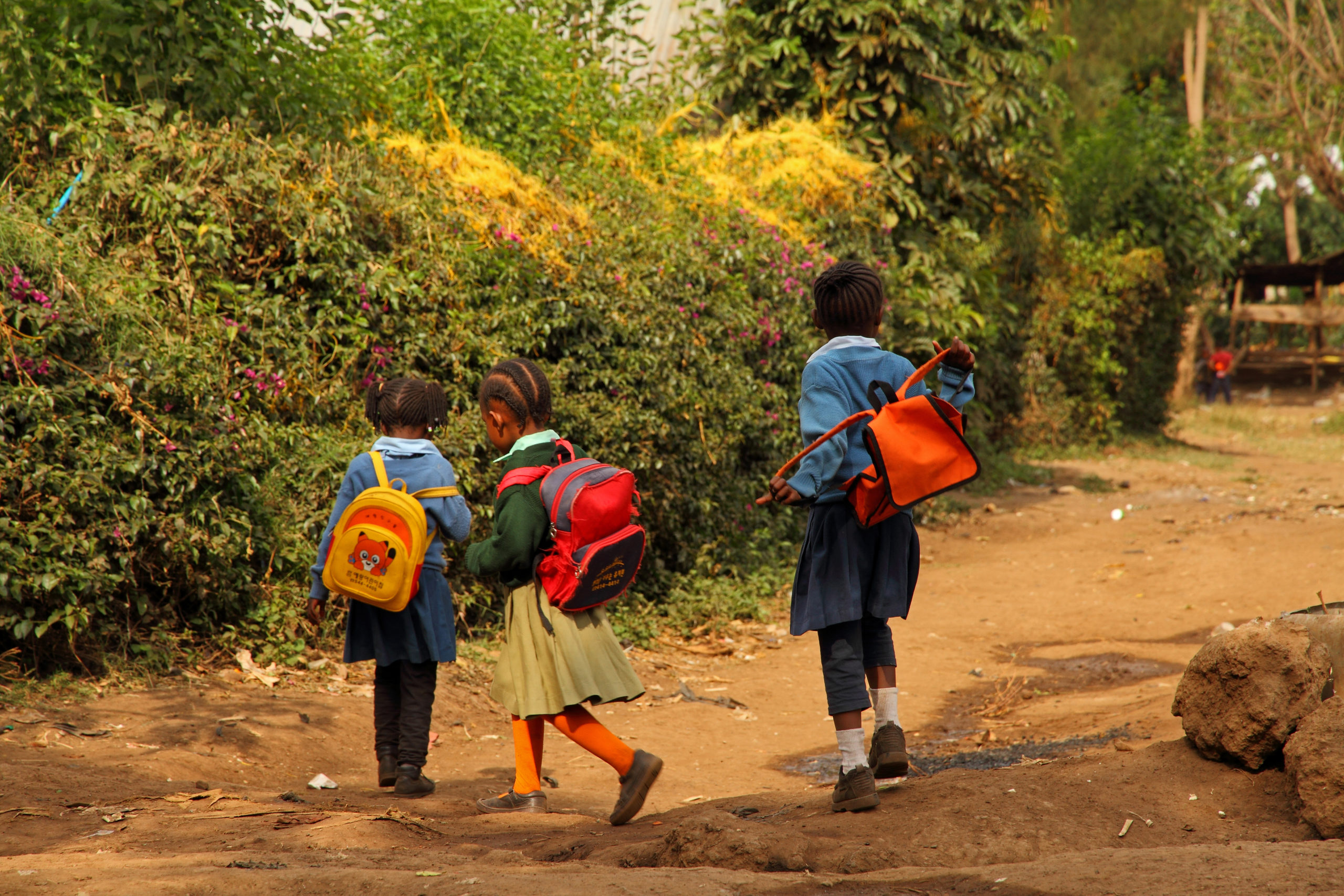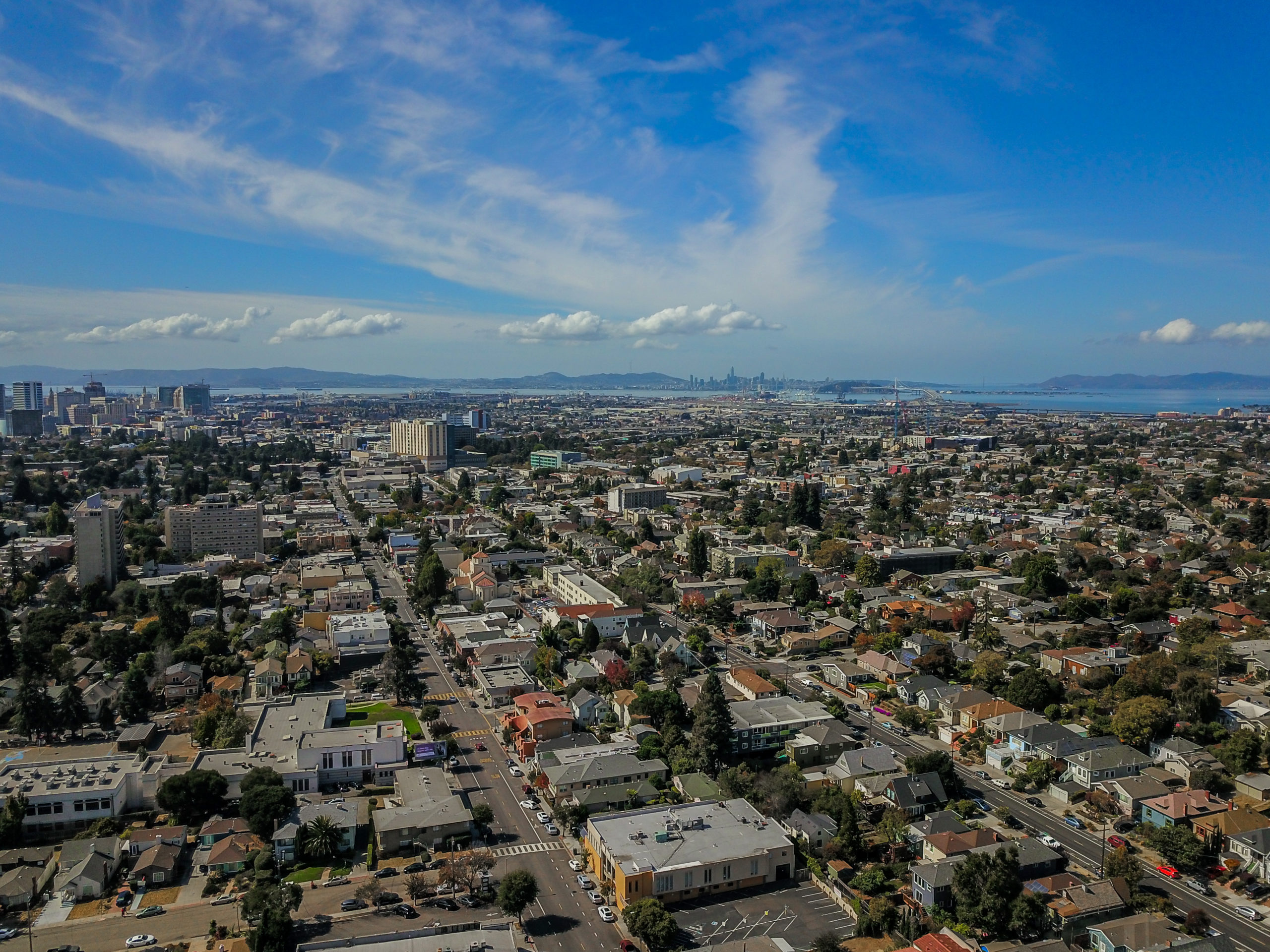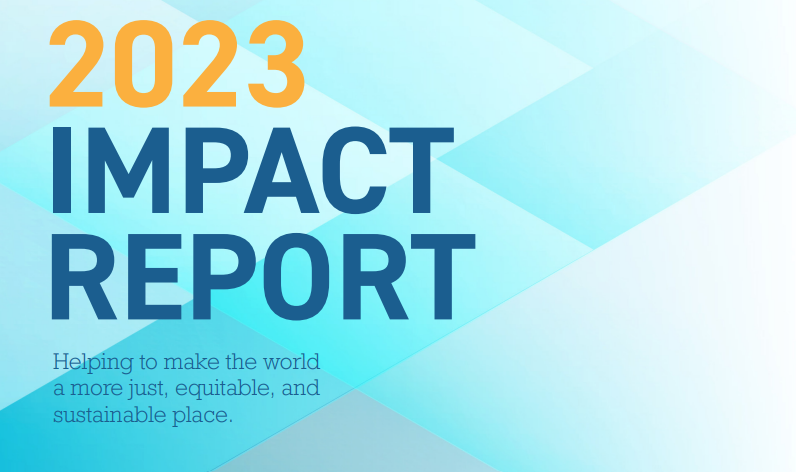February 4, 2021
As the pandemic forced schools across the country to close in the spring and summer, policy actors in the education sector began to formulate solutions that could get students and educators safely back to school in the fall.
But for many local community activists, one voice was missing in the debate: their own.
Seek Common Ground (SCG), an innovation incubator that supports state and community-based organizations pursuing equitable and sustainable education policies, has found that a top-down approach rarely works for education policy—and it certainly wasn’t going to work during a pandemic that has amplified existing inequities.
Since its inception, the organization’s approach has always been to involve the people who are affected the most by decisions about education systems. They’ve found that communities don’t want ideas to be sold to them, rather they want to be involved in generating those ideas.
This approach allowed them to adapt and adjust their work as the pandemic started, launching a number of strategies to empower local communities including launching a COVID-19 Action Accelerator that elevates the voices of those most impacted by the crisis—families, students, and educators.
Since the pandemic started, Seek Common Ground developed three strategies to support state and community-based organizations:
- Engage with state-level advocacy organizations to understand what families and communities value in measurement, assessment, and accountability systems during the pandemic—and make sure decisions in these areas reflect their perspectives.
- Develop guidelines for families and caregivers, available in English and Spanish, or anybody helping a child learn in the 2020-21 school year, to better understand what children should know and be able to accomplish by the end of each grade.
- Launch the Action Accelerator to provide support to community-facing organizations determining solutions they need for their communities and scale ideas they generate.
SCG announced the accelerator opportunity earlier this summer for state and community-facing advocates to propose short-term, high-impact projects that elevate the priorities of families, students, and educators in school reopening plans. Twelve organizations from across the country were selected to participate in the accelerator.
The projects generated by the Action Accelerator began in August and are continuing throughout the fall and winter, as the school reopening process is ongoing and ever-changing.
One of the early successes from this initiative is a project from the Black and Brown Coalition for Educational Equity and Excellence, located in Montgomery County, Maryland. The Coalition’s project focused on surveying and capturing experiences from students, families, and educators to identify the barriers to educational engagement caused by COVID-19.
With the data it captured, the Black and Brown Coalition developed solutions to provide students access to remote learning being implemented by their public schools. The project identified previously-shuttered child care centers and Boys and Girls Club locations, and then transformed them into safe spaces where students could participate in Learning Hubs and have access to computers and other tools needed to do remote learning.
Seek Common Ground’s Chief Executive Officer, Sandy Boyd, says funders are beginning to better understand how to engage communities and involve them in generating ideas and solutions, and doing so more effectively than in the past.
Using the success of the Action Accelerator as a proof point of what can be achieved by elevating community voices, SCG hopes to raise additional funding to support their work with communities. With operational support from the New Venture Fund, SCG is able to focus on achieving positive impact while expanding its fundraising efforts.



